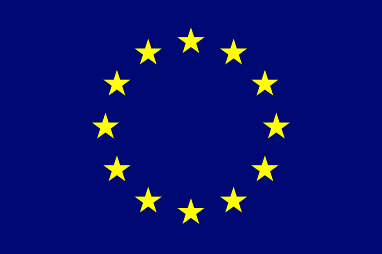Influencing Policymakers: humanitarian journalists and the role of narratives in policy-change - VOICE Conversation with Martin Scott and Patrick Saez

On 5 April we had the pleasure of hosting a conversation with Martin Scott (University of East Anglia) and Patrick Saez (Overseas Development Institute). The main goals of the exchange were to highlight the role of narratives in the daily work of humanitarian NGOs, the importance they have in shaping policies and influencing policymakers, and to look at how these narratives could be adjusted to be more impactful.
Martin Scott focused on the topics covered in his last book, “Humanitarian Journalists: Covering Crises from a Boundary Zone”, co-authored by Kate Wright and Mel Bunce. He described the role of humanitarian journalists in giving voice to the most marginalized, the interactions between humanitarian NGOs and journalists, and how they could collaborate to shift the narrative and persuade decision-makers.
Likewise, Patrick Saez introduced the ODI project “Remaking aid: ethics, politics and narratives” and the working paper “Understanding the role of narrative in humanitarian policy change” that focus on the importance of shaping new narratives around humanitarian action that better align with policy commitments towards a more people-centred approach in humanitarian actions.
As they were both asked to share some final remarks with VOICE members, Martin stated that “our research shows that the humanitarian narratives that dominate today are neither natural nor inevitable. Like the commercial, political, and institutional logic that underpin them – they can be challenged and changed for the better. But changing narratives is not easy. It will require collaboration, understanding, and dialogue”.
Patrick added “As humanitarians, we often claim that our policies and decisions are evidence-based. But facts never speak for themselves. Our working paper outlines how the way evidence is presented through frames and narratives is perhaps more important than facts and figures themselves. Framing everything humanitarian as exceptional won’t help the system become more people-centred and locally led. Reshaping narratives is not easy, but humanitarians have a duty to try”.
Members interested in following the ODI project can register for the newsletter: HPG Newsletter | ODI: Think change

